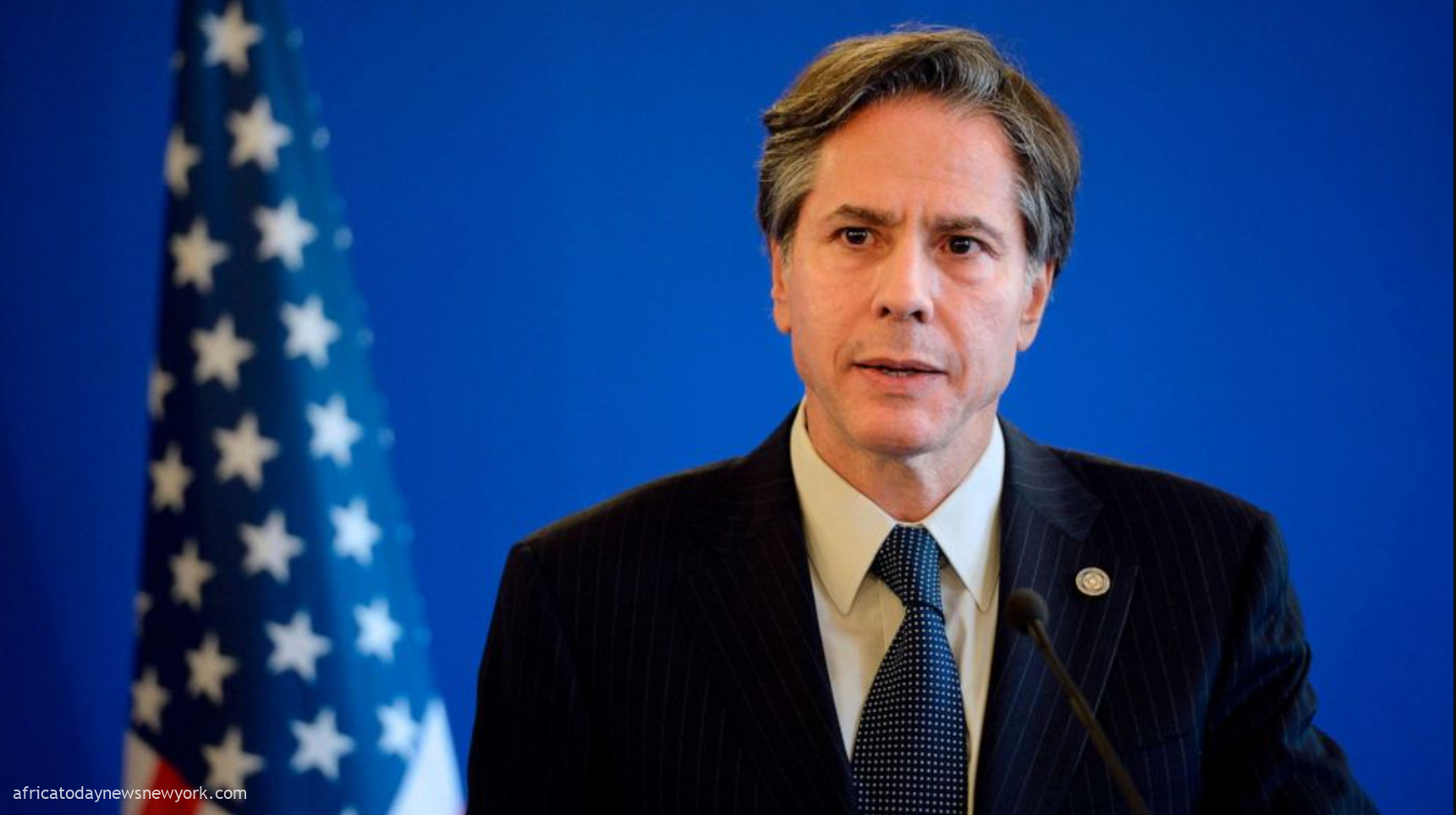As the Gaza crisis deepens, Antony Blinken, the US’s top diplomat, has issued a passionate plea to Hamas to accept a ceasefire plan, but Israel has served notice that it will continue its military campaign against the militant group, ceasefire or no ceasefire.
Mediators have engineered a potential peace gambit, proposing a 40-day truce that would pause the fighting, accompanied by a prisoner swap that would liberate dozens of hostages in exchange for a substantially larger number of Palestinian prisoners.
Hamas has signaled its intention to swiftly respond to the proposal, promising a reply “within a very short period” – a move that could potentially pave the way for a breakthrough in the stalled peace process.
“Hamas needs to say yes and needs to get this done,” Blinken said Wednesday while in Israel on his seventh Middle East crisis tour since the war broke out in October.
He later added: “If Hamas actually purports to care about the Palestinian people and wants to see an immediate alleviation of their suffering, it should take this deal.”
After bearing witness to the devastation at Nir Oz kibbutz, hit by Hamas on October 7, and inspecting Israel’s Kerem Shalom border crossing and Ashdod port – soon to be lifelines for aid delivery – Blinken addressed the press, his voice infused with the urgency of the moment.
Hamas has issued a tentative rejection of the truce proposal, according to senior official Osama Hamdan, who spoke to the press on Wednesday. However, the door remains open for further talks.
Suhail al-Hindi, a senior Hamas official, has drawn a clear line in the sand: the group demands a complete cessation of hostilities. This uncompromising stance puts Hamas on a collision course with Israel’s Prime Minister Benjamin Netanyahu, who has taken a hardline approach to the conflict.
Defying international concerns, Netanyahu has announced plans to send Israeli ground forces into Rafah, a densely populated city in southern Gaza, home to 1.5 million civilians. This bold move raises the stakes in an already volatile conflict, putting the lives of countless innocents on the line.
Read also: Hamas Publishes Video Of Two Israeli Captives Held In Gaza
Israeli Prime Minister Benjamin Netanyahu declared this week that Israeli forces intend to penetrate Rafah and annihilate Hamas’s military presence in the city, with or without a negotiated agreement.
The United Nations Secretary-General, Antonio Guterres, cautioned that an Israeli offensive on Rafah would constitute a catastrophic intensification of the conflict, resulting in the loss of thousands of civilian lives and the displacement of hundreds of thousands of people.
Amidst escalating global condemnation and student-led protests sweeping US universities, Netanyahu’s threat has injected fresh tension into the already frayed alliance between Israel and its traditional partner.
US Defense Secretary Lloyd Austin told Israeli Defense Minister Yoav Gallant that any Rafah operation must “include a credible plan to evacuate Palestinian civilians and maintain the flow of humanitarian aid”, the Pentagon said Wednesday.
Talks on a potential truce and hostage release deal to pause the bloodiest ever Gaza war have been held in Cairo, involving US, Egyptian and Qatari mediators.
Hamas official Hindi, speaking by phone from an undisclosed location, said there is “great interest from Hamas and all Palestinian resistance factions to end this insane war on the Palestinian people, which has consumed everything”.
“But it will not be at any cost,” he added, stressing that the group “cannot under any circumstances raise the white flag or surrender to the conditions of the Israeli enemy”.
Sameh Shoukry, Egypt’s Foreign Minister, urged all parties to adopt a flexible approach to achieve a peace deal that puts an end to the Palestinian suffering, during a meeting with his French counterpart Stephane Sejourne.
Hamas is unlikely to fall for another temporary reprieve, analysts warn, knowing that Israeli troops will likely relaunch their assault as soon as the ceasefire ends, putting the group back in the crosshairs.
Mairav Zonszein, an analyst at the International Crisis Group, voiced skepticism about Hamas’ willingness to agree to a deal without a lasting peace agreement.
A source privy to the negotiations revealed that Israel’s offer features “meaningful concessions” aimed at achieving a durable peace, beginning with a brief pause in hostilities, followed by an extended period of stability.
